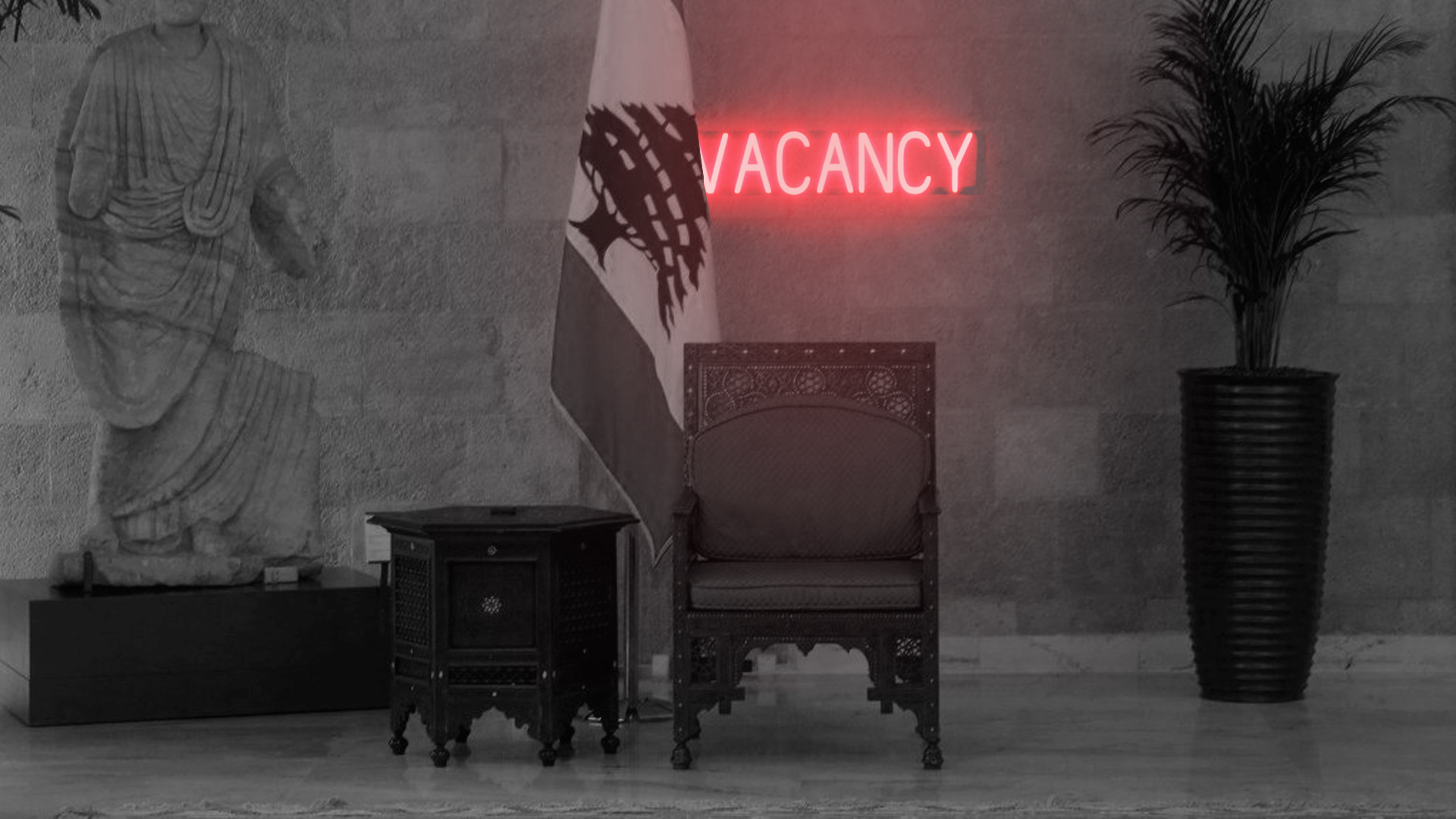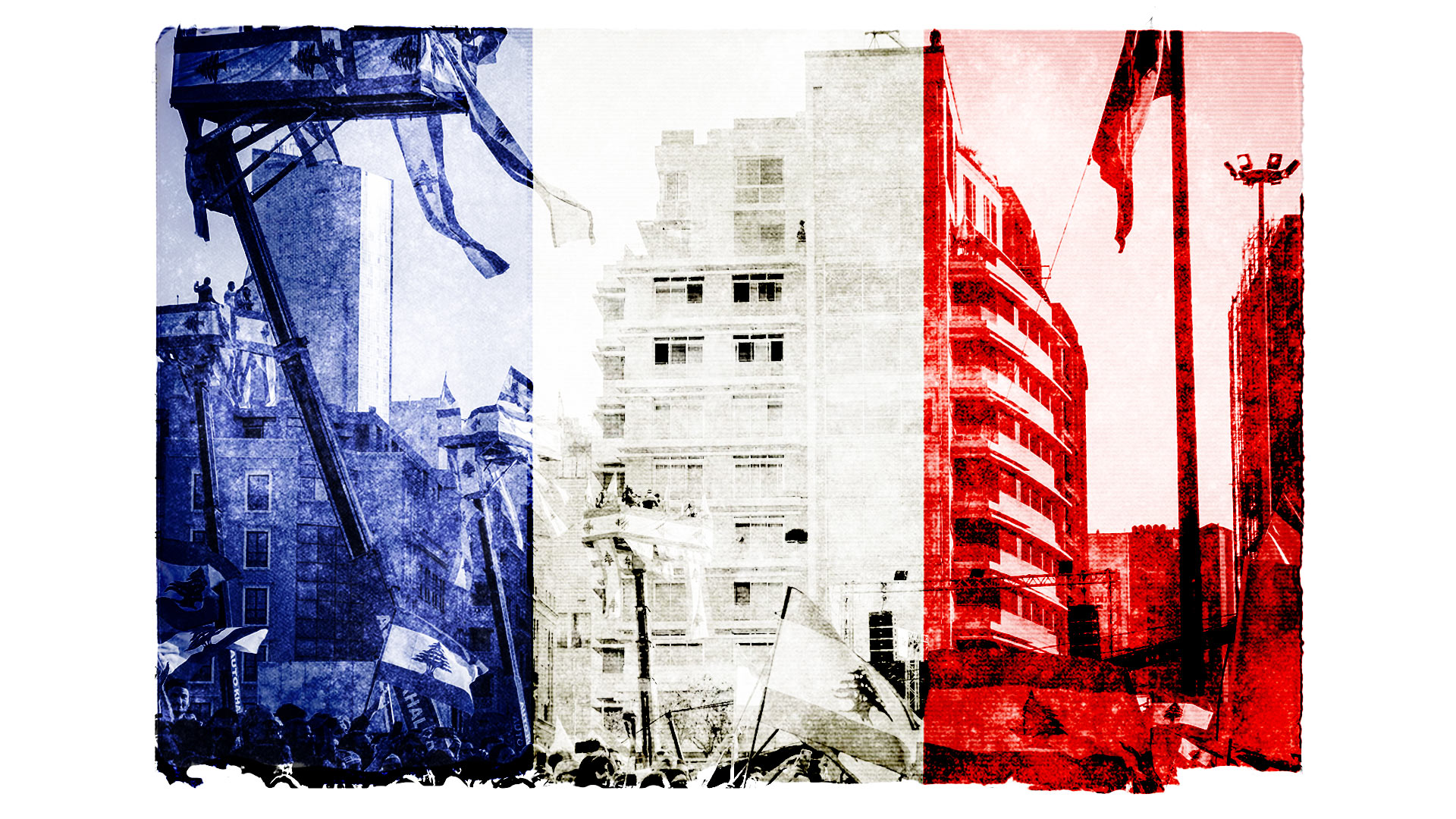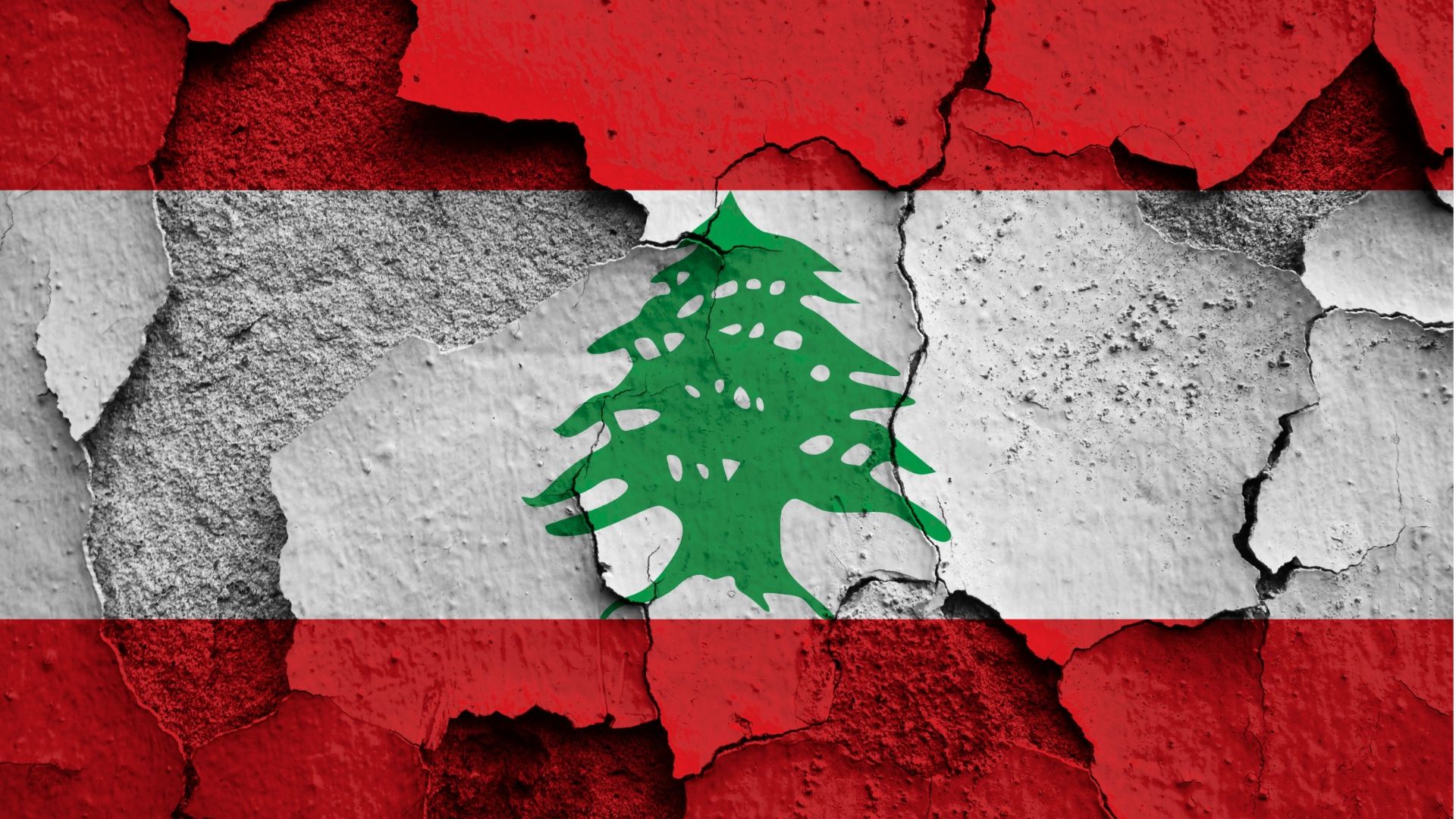Exceptional Circumstances
The narrow duties of an interim government can be widened in two scenarios. First, when the caretaking role does not last for days, but months or years. Second, in times of crisis or exceptional circumstances. (commonly known as Zorouf Al Estethna’ia).
“If the mandate of a caretaker government lasts for a long time, such as a year or two, the scope of its work is expanded,” explained Mohammad Al Moghabat, a constitutional law researcher.
In face of the economic collapse in the country, it is fair to assume Lebanon is currently operating under exceptional circumstances.
“At such a time, a caretaker government should interfere,” said Morcos. “Saying it has limited powers does not mean it should not intervene to prevent more losses or damages.”
However, exceptional circumstances come with the risk of misuse. The executive branch could use these circumstances to justify operating outside of its constitutional mandate to push through a political agenda, rather than serve the public interest.
Politicians serving their own interests at the expense of the state comes as no surprise to most Lebanese. The current tension between President Michel Aoun and Caretaker Prime Minister Najib Mikati is only the latest flare up.
To resign or not to resign?
Many Lebanese are wondering who is to captain the ship as Lebanon sails from one titanic catastrophe to the next, still under a caretaker cabinet and prime minister, with no emerging presidential contenders in sight.
The Lebanese Constitution states that in the event of a presidential vacancy, the prime minister is to assume the role of the president, albeit in a narrow capacity.
“There is no clear legal text that determines if a caretaker government can take on the role of the presidency or not,” said Almoghabat. “But the principle of continuity should persist.”
This means that, if Lebanon still has a caretaker government at the end of the current presidential term, the interim government should assume the role of the president.
Some reports claim President Aoun seeks to issue a decree stipulating the resignation of the Mikati government . However, the constitutionality of such a manoeuvre is questionable. [3]
“Aoun wants to introduce his own people into a new cabinet, specifically his son-in-law,” said Hilal Khashan, Professor of Political Studies and Public Administration at the American University of Beirut.
Given that the Mikati government was considered resigned following the May parliamentary elections, President Aoun only needs to issue a decree accepting the resignation of the prime minister and his cabinet. Yet, Aoun cannot deem the Mikati government resigned before a new government is formed.
According to Morcos, it is a “constitutional custom” for the president to issue a decree which formally regards the caretaker government as resigned. However, the president must issue three decrees at the same time: the acceptance of the government’s resignation, the acceptance of the prime minister’s resignation, and the appointment of a new prime minister.
“As soon as there is consensus between the president and prime minister, the three decrees will be issued simultaneously,” said Morcos.
According to Almoghabat, constitutional customs have a high legal status in order of Lebanese jurisprudence. “First there is the constitutional text, then the constitutional customs, then the law,” he explained.



